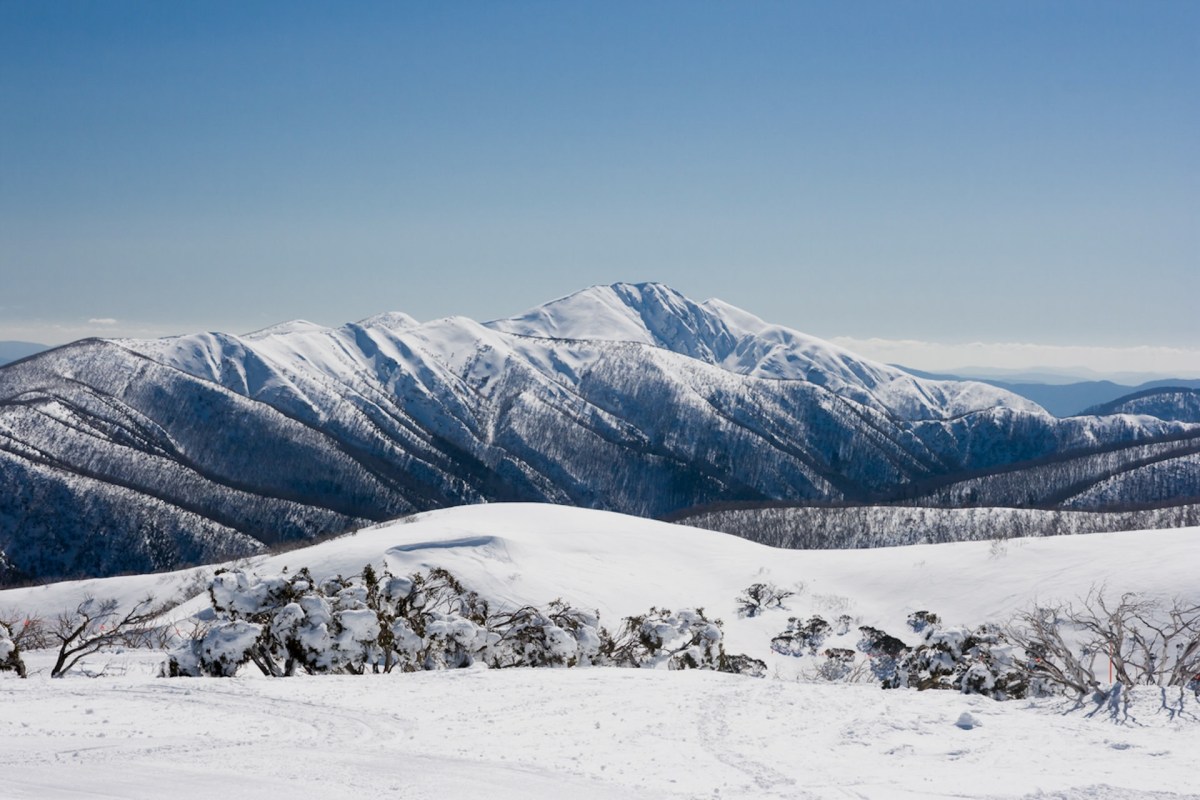In recent research, the University of Bayreuth has unveiled alarming projections regarding the future of skiing in the Australian Alps. The findings show an accelerated decline in snow cover, which impacts recreational activities and local economies.
What's happening?
According to the study, summarized by the Guardian, snow cover in the Australian Alps, in the states of Victoria and New South Wales, is predicted to plummet by a staggering 78% by the century's end. This decline outpaces similar trends observed in six other major skiing regions worldwide.
The research, which assessed various scenarios related to the changing climate, underscores the severity of the situation. Ski areas across the globe are expected to experience significant reductions in annual snow cover days, with some facing the prospect of losing all natural snow cover.
"These findings are socioeconomically and ecologically concerning," wrote the study authors.
Why is this concerning?
The ramifications of dwindling snow cover extend beyond the realm of recreation. Skiing in the Australian Alps holds cultural significance, serves as an economic driver for local communities, and fosters tourism. However, the decline in snow cover threatens to disrupt these foundations, potentially leading to decreased profitability for ski resorts and a ripple effect on associated businesses.
Moreover, the environmental implications are profound. Snow acts as a reflective blanket that helps regulate the Earth's temperature by bouncing back sunlight into the atmosphere. With less snow cover, darker land or water bodies absorb more heat, accelerating the warming of the planet.
This can lead to a cascade of effects, such as altered weather patterns, shifts in plant and animal behavior, and even increased risk of wildfires in some regions. Moreover, snowmelt is a crucial source of fresh water for many areas, and with diminishing snow packs, the risk of water scarcity grows, potentially leading to conflicts over water resources.
What's being done?
While the study highlights the inadequacy of current mitigation measures, such as artificial snowmaking, it also points toward potential solutions. Adaptation strategies like relocating or expanding ski areas to higher elevations could mitigate the impacts of declining snow cover.
However, these approaches must be balanced with environmental considerations to safeguard fragile mountain ecosystems.
Join our free newsletter for cool news and cool tips that make it easy to help yourself while helping the planet.









